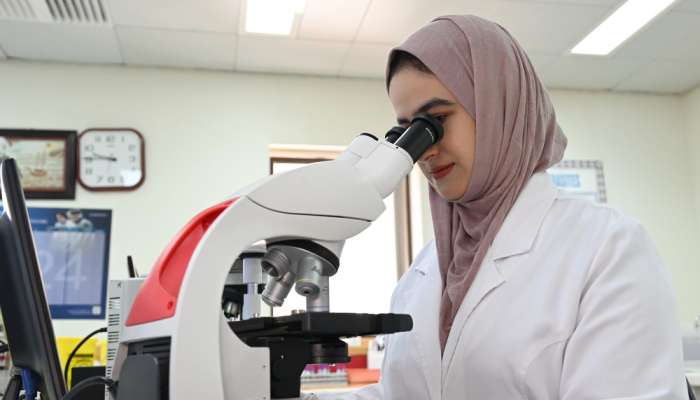The Council of Ministers, chaired by His Majesty Sultan Haitham bin Tarik, recently announced the launch of the National Genome and Human Data Programme, known as the “Omani Genome.” This initiative is set to revolutionize healthcare in Oman by improving disease diagnosis accuracy and developing personalized treatments for patients. Professor Khalid bin Humaid Al-Rasadi, Director of the Medical Research Centre at Sultan Qaboos University, emphasized the importance of genetic samples and genomic data as crucial national security content. The programme will establish policies to secure data, ethical standards for data collection, analysis, and utilization while ensuring confidentiality and privacy. Additionally, it aims to create a national genomic database for the Omani population, promote genomic research, achieve national self-sufficiency in genomics and bioinformatics, and foster the knowledge economy in biotechnology and genomics.
The Omani Genome programme will have a significant impact on the healthcare sector by developing genetic screening programs for rare and common genetic diseases and focusing on conditions such as cardiovascular diseases, diabetes, cancer, and lifestyle factors. This comprehensive genetic and genomic database will help in early detection, prediction, and prevention of genetic diseases, guide health planning, improve preventive healthcare, and reduce healthcare costs related to genetic disorders. Moreover, the expansion of research areas through this initiative will enrich research and innovation in rare and common genetic diseases like familial hypercholesterolemia, type 2 diabetes, and breast cancer. These efforts will lead to the development of innovative diagnostics and treatments, enable experimental research and clinical trials, and establish Oman as a scientific reference in genomic research.
One of the key aspects of the National Genome and Human Data Programme is its focus on personalized treatments and precision medicine, which rely on understanding social and behavioral data, blood test results, imaging, clinical health data, and genomic data. This integrated approach will enhance the accuracy of diagnosing and treating genetic conditions. Professor Khalid bin Humaid Al-Rasadi also addressed ethical issues related to the collection and use of genomic data. He explained that legislative and policy development based on local and international bioethical standards will regulate the collection, preservation, analysis, and utilization of genomic data, safeguarding confidentiality, privacy, and individual and community rights.
In conclusion, Professor Khalid bin Humaid Al-Rasadi highlighted the potential benefits of the National Genome and Human Data Programme for individuals and society. These benefits include fostering community trust through transparency in handling genomic data, respecting individual privacy, encouraging participation in genetic surveys and research, and promoting healthy lifestyles based on genetic knowledge. Overall, the Omani Genome programme is a groundbreaking initiative that has the potential to transform healthcare in Oman, improve disease diagnosis and treatment, and establish the country as a leader in genomic research and innovation.


























